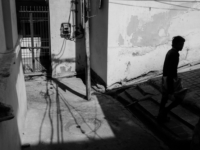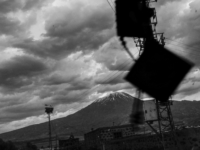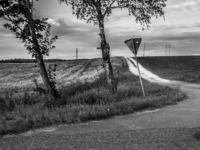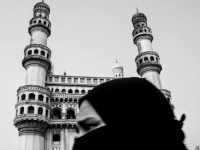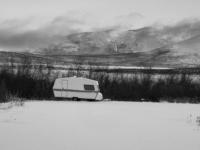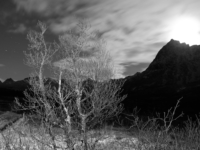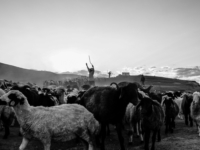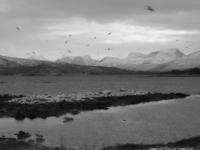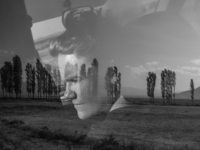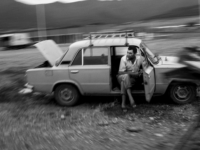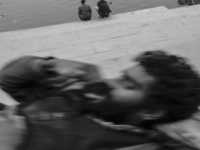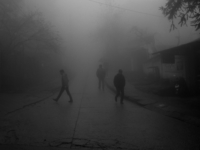Concept of Home
“For the person like me, the concept of “home”, does not exist. I am constantly moving and my home is moving with me.”
I was seven years old in 1981 when Iraq attacked Iran and the war started. All my childhood memories are influenced by the war. Me and my family were living in Teheran, the capital of Iran, and it was a popular target for the Iraq airstrikes. Our radio and TV was always on, so we would not to miss the warning for upcoming strikes.
“RED alarm! Red alarm!” it would interrupt our daily activities. “Leave your home or your workspace and go to the shelter!”. As we didn’t have any basement or shelter close to our home, we would huddle in the corner of one room as the bombs were falling, windows were scattering and anti-aircraft guns went off next to our building. The fear of loosing our home was always there.
During these years of war, we were nomads as we were constantly travelling back and forth- away from our home in Teheran to the country side to avoid the air strikes, and back again. We would pack in a hurry and drive my dad’s old pick-up to open landscape away from the city lights. I was squashed between my mom, dad, grandma and my six brothers and sisters. I could see the movement of people leaving with us, like a river rushing away from danger. For me the home was, were there was no airstrike and where all of us felt safe.
In 2011 I arrived in Sweden as a political refugee. I had with me clothes on my back and a small bag containing few personal items. Having escaped the political regime in Iran and kicked out of India, that was all that was left of my home. I was 38 years old.
Today I have a Swedish citizenship and passport. First time in my life I have more freedoms I have ever had. I have a freedom to work where I want. To study. To love. To travel. Something people take for granted in the Western world every day. Today I am a nomad by choice.
We often think that war finishes- troops go home, dead are buried, after the calculations of damages are made, people will start to rebuilding their homes and scattered lives, but the aftermath of the war can last for decades and influence generations.
As I travel and see people from windows of cars, buses and trains, I feel connected to them in a way I never feel when I am in one place. I not only take photos of decisive moment but I also take images of decisive locations. Even though there is no decisive location for me. The world is my home.
——————————————————————————
For me driving and movement symbolises safety, the same safety I felt during the war as we were speeding away from Tehran into the open road. One thing that has never stopped fascinating me is the endless journeys, that are more about the movement and travel and not about the destination.
Nothing is permanent.
—————————————————————
The hardest part of being a refugee is the constant need and fear to have to justify why I am here. Why I don’t go home. How am I useful. When I take these photographs and drive away, is the moment I escape from having to explain and justify my existence.


